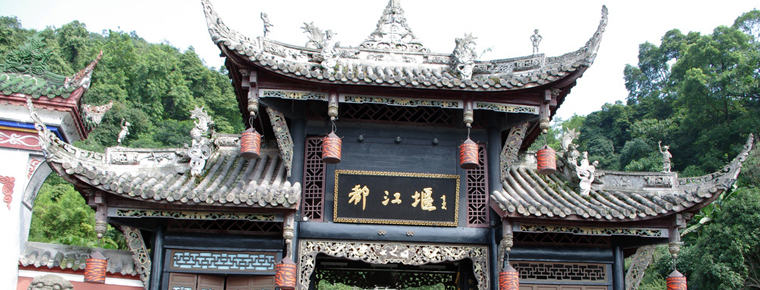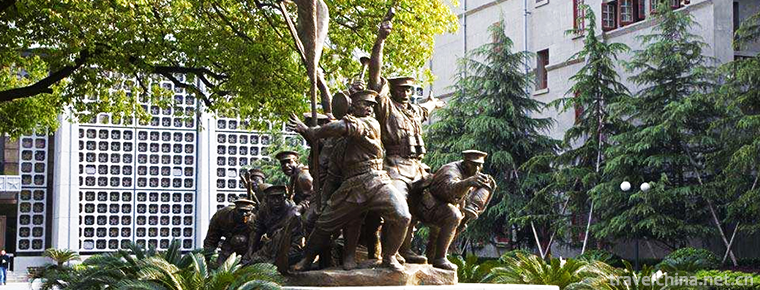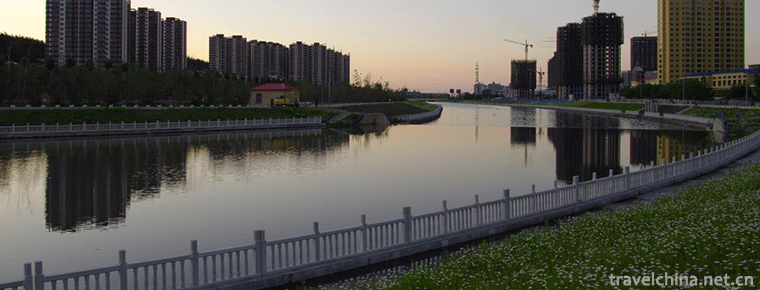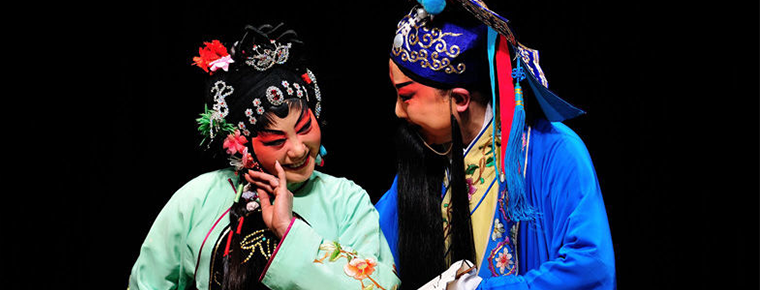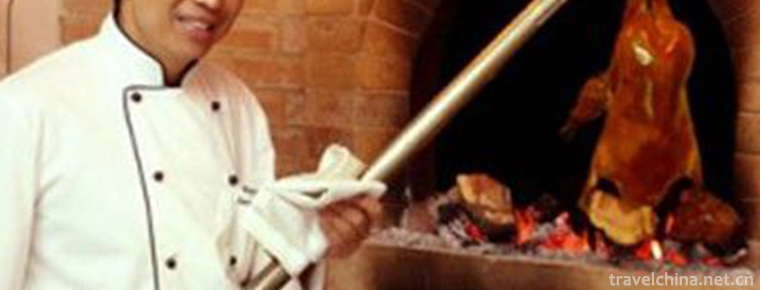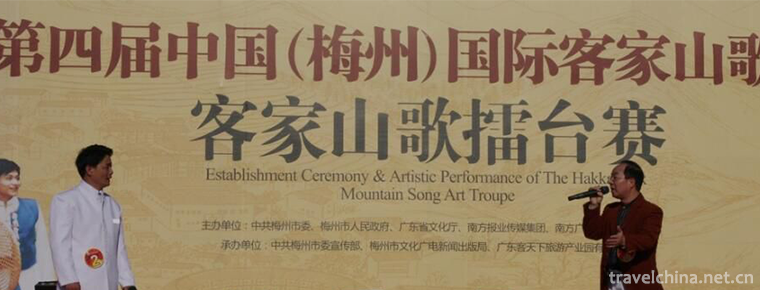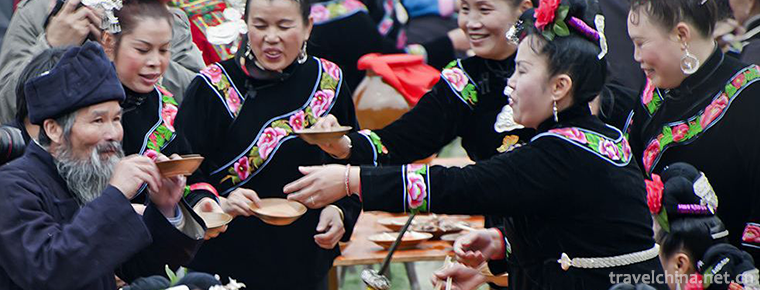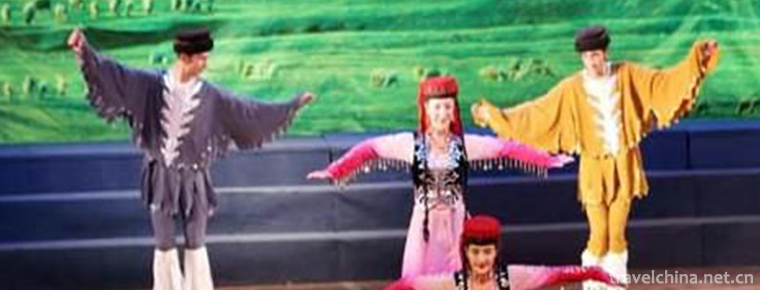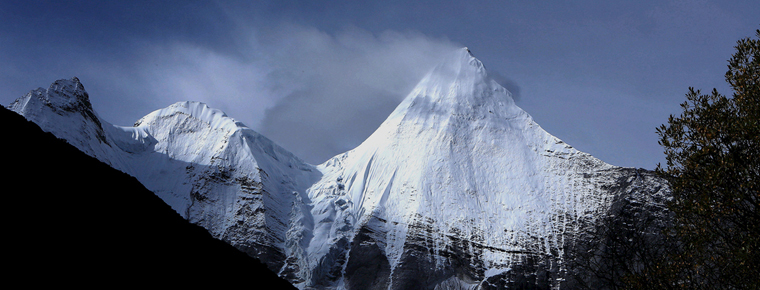Jizu Mountain Scenic Spot in Binchuan
Jizu Mountain is located in a cave-making area about 20 kilometers west of Binchuan County, Yunnan Province, 90 kilometers away from Dali City. It is named for its three peaks in the front and a ridge in the back, which resembles chicken feet. Jizu Mountain has great momentum, a hundred miles around, the highest peak is Tianzhu Peak, 3240 meters above sea level, climbing its mountain, can see sunrise in the east, floating clouds in the south, Cangshan in the west, Erhai Lake in the north, Yulong Snow Mountain in the north, known as the "four absolute peaks".
brief introduction
Chicken foot hill. It is named for its three peaks in the front and a ridge in the back, which resembles chicken feet.
Jizu Mountain has great momentum, a hundred miles around, climbing its mountain, can see the sunrise in the east, the clouds in the south, Cangshan in the west, Erhai in the north, Yulong Snow Mountain in the north. Pine forests are dense in the mountains and bamboo bushes are growing. Xiao'an was built in Shuhan Dynasty and expanded in Tang Dynasty. It flourished in Ming and Qing Dynasty. There are more than one hundred temples, including the Xitan Temple, Shizhong Temple and Kunming Golden Palace, which were built in the Ming Dynasty. Later, most of the temples were destroyed, and only Zhusheng Temple, Jinding Temple Gate and Lengyan Pagoda of the Qing Dynasty survived. Clouds and mists in the mountains and rivers are one of the famous Buddhist mountains in China.
Religious Origins
Domestic Buddhist circles believe that Jizu Mountain is the birthplace of Buddhist Zen. More than 2,000 years ago, the great disciple of Sakyamuni drank Kayeyi into the first gate of Dingji Foot Mountain, which established its lofty status in Buddhist circles.
In the Yuan and Ming dynasties, 71 jungles of 8 temples were formed, mainly in the Jiayedian. In its heyday, it developed to 72 monasteries in 36 temples, with thousands of resident monks and nuns. Jizu Mountain is famous for its wisdom in Tang Dynasty, mooncare in Song Dynasty, Tzu Chi in Yuan Dynasty, Zhou Li in Ming Dynasty, Cheyong in Ming Dynasty, Zen in Buddhism, taking on responsibility, making big mistakes, being the center, and Xuyun in late Qing Dynasty and early Republic of China. Jizu Mountain has accumulated infinite cultural connotations for thousands of years. The Ming Shenzong issued the Tibetan scriptures to the mountain and gave the purple clothes dome; Guangxu and Cixi sealed the "Protecting the State and Blessing the Sacred Chan Temple" and gave precious cultural relics such as driving, purple clothes and jade seals. Wu Daozi's Slender Horse, Li Xia's Eighteen Arhats Crossing the River, Xu Xiake's Jizu Shan Zhi, Quertai's Meron, Xu Beihong's Chicken Bamboo Mountain and Benma, Yang Sheng'an, Li Yuanyang, Li Zhi, Dong Qichang, Sun Yat-sen, Liang Qichao, Yuan Jiagu, Zhao Fan and Zhao Pujun all left behind a large number of poems and paintings, which are valuable cultural heritage of our country. Jizu Mountain is famous for its majesty, danger, wonder, beauty and seclusion. It is famous for "Tiankai Buddhist Kingdom" and "Lingshan Buddhist Capital". Xu Xiake praises "the view of utensils is full of modern and ancient victories" and "the real Shouhai is inside!" Xu Beihong's poem "A desolate land of vultures is no better than the Cangcang Jizu Mountain".

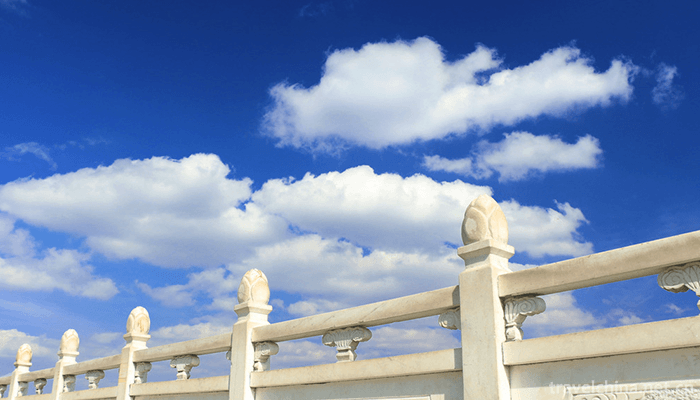
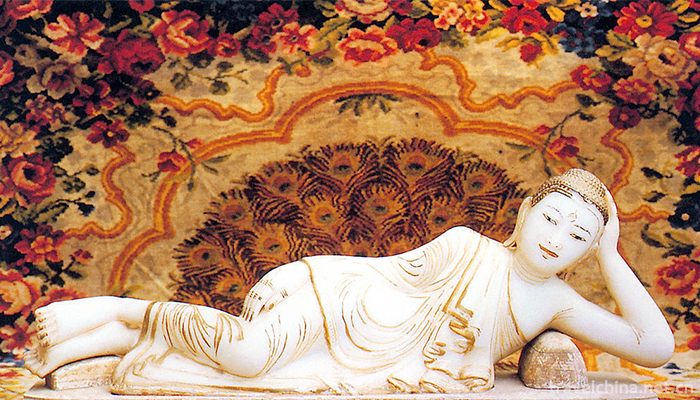
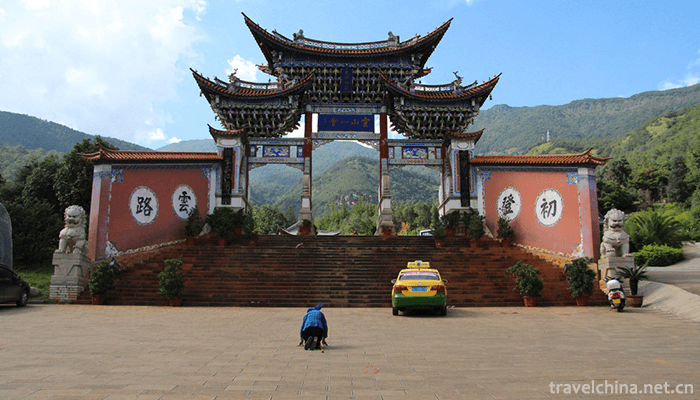
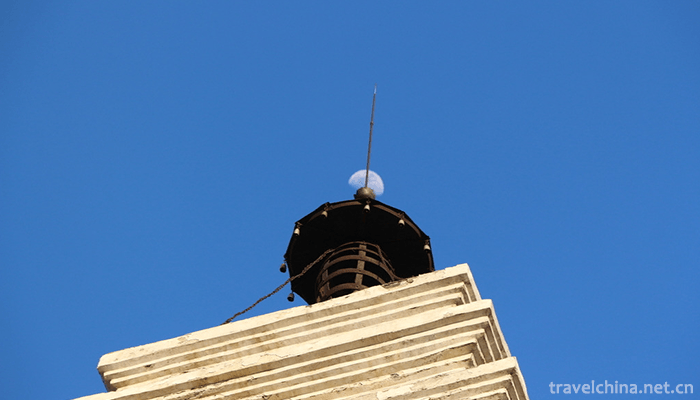
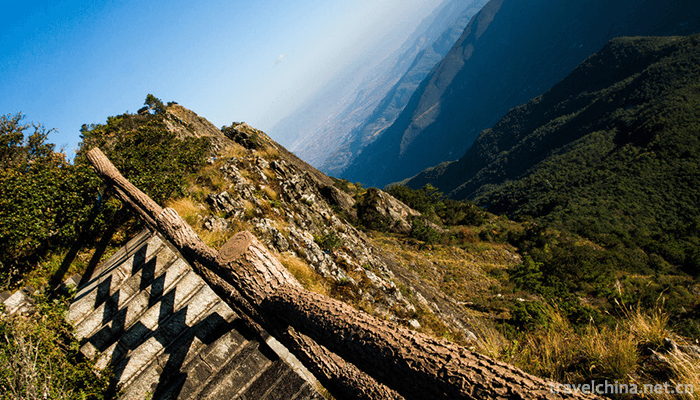
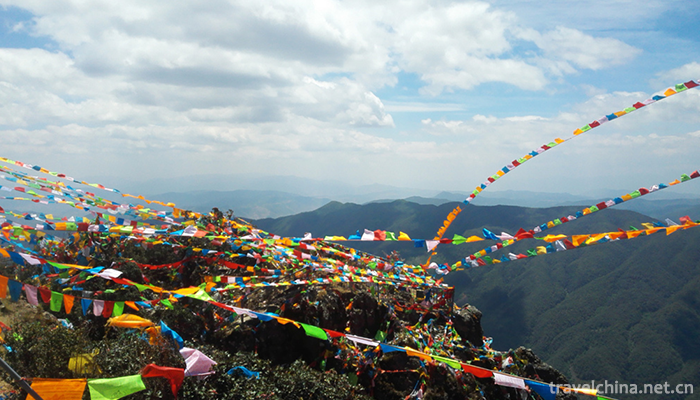
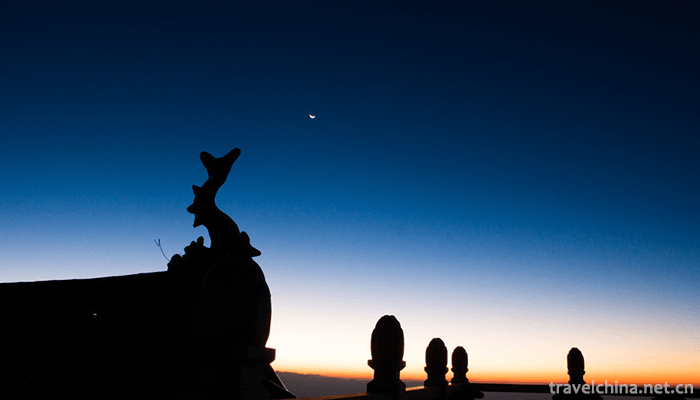
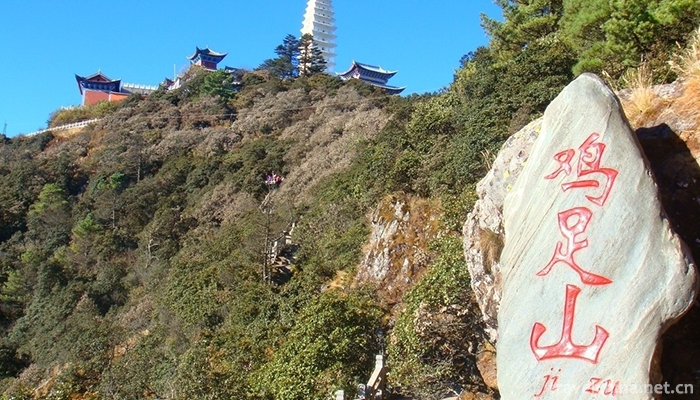
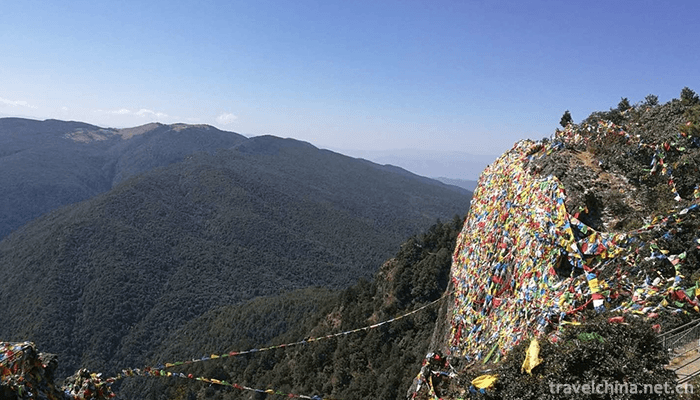

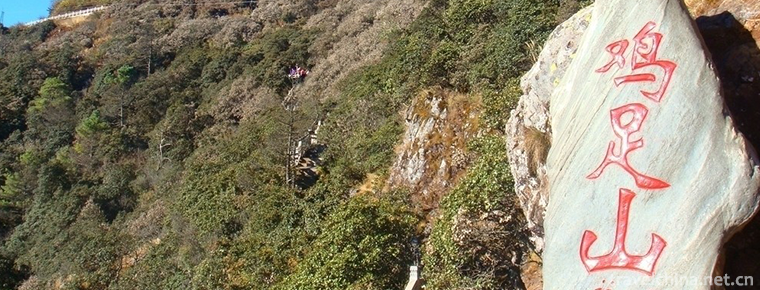
Jizu Mountain Scenic Spot in Binchuan
-
Banyan Tree Shanghai On The Bund
Shanghai, one of the largest cities in the world, has a vibrant urban atmosphere, impressive urban skyline and rich and colorful culture. Located in the center of the city and resting on the Bank of H
Views: 510 Time 2018-12-16 -
Bayi Memorial Hall in Nanchang
The Bayiyi Memorial Hall in Nanchang was established in 1956 and officially opened to the outside world on October 1, 1959. In 1961, it was announced by the State Council as the first batch of key nat
Views: 189 Time 2018-12-31 -
Anbang River National Wetland Park
Anbang River National Wetland Park is built on the basis of Anbang River Provincial Wetland Nature Reserve, which is located in Shuangyashan City, Heilongjiang Province
Views: 164 Time 2019-01-02 -
Sichuan Opera
Sichuan Opera, commonly known as Sichuan Opera, is mainly popular in the Han nationality areas of Sichuan, Chongqing, Yunnan and Guizhou provinces in southwestern China
Views: 212 Time 2019-04-19 -
Roast duck skills
Quanjude hanging oven roast duck is a local traditional handicraft in Beijing. Quanjude Roast Duck Restaurant, a well-known old Chinese brand in Beijing, was founded in 1864 by Yang Quanren.
Views: 208 Time 2019-05-08 -
Hakka Folk Songs in Meizhou
Meizhou Hakka folk song is a Hakka folk song sung in Meizhou City, Guangdong Province (Meijiang District, Meixian District, Xingning City, Wuhua County, Fengshun County, Dapu County, Pingyuan County,
Views: 143 Time 2019-06-03 -
Miao New Year
Miao year, the first year of the Miao calendar, is the most solemn traditional festival of the Miao people. The time spent in different areas varies from September to the first month of the lunar cale
Views: 107 Time 2019-06-05 -
Tajik Eagle Dance
Tajik Eagle Dance, a folk traditional dance in Tashkurgan Tajik Autonomous County of Xinjiang Uygur Autonomous Region, is one of the national intangible cultural heritage.
Views: 261 Time 2019-06-17 -
Shougang Institute of Technology
Shougang Institute of Technology ( Shougang Institute of Technology ), located in Beijing City Shijingshan District It is an engineering college founded mainly by the Ministry of education, mainly bas
Views: 215 Time 2019-11-27 -
Mount sanshen
The three sacred mountains in Yading, Daocheng, are composed of three snow peaks, xiannairi, yangmaiyong and xianodoji, representing respectively Guanyin Bodhisattva, Manjusri Bodhisattva and Vajrayana Bodhisattva.
Views: 235 Time 2020-10-13 -
Deyang local culture
On April 2, 2013, the Information Office of the people's Government of Deyang City, Sichuan Province announced the city logo of Deyang to the public. Among them, "the source of ancient Shu, the city of heavy loading" has become the main logo of Deyang City
Views: 350 Time 2020-12-14
